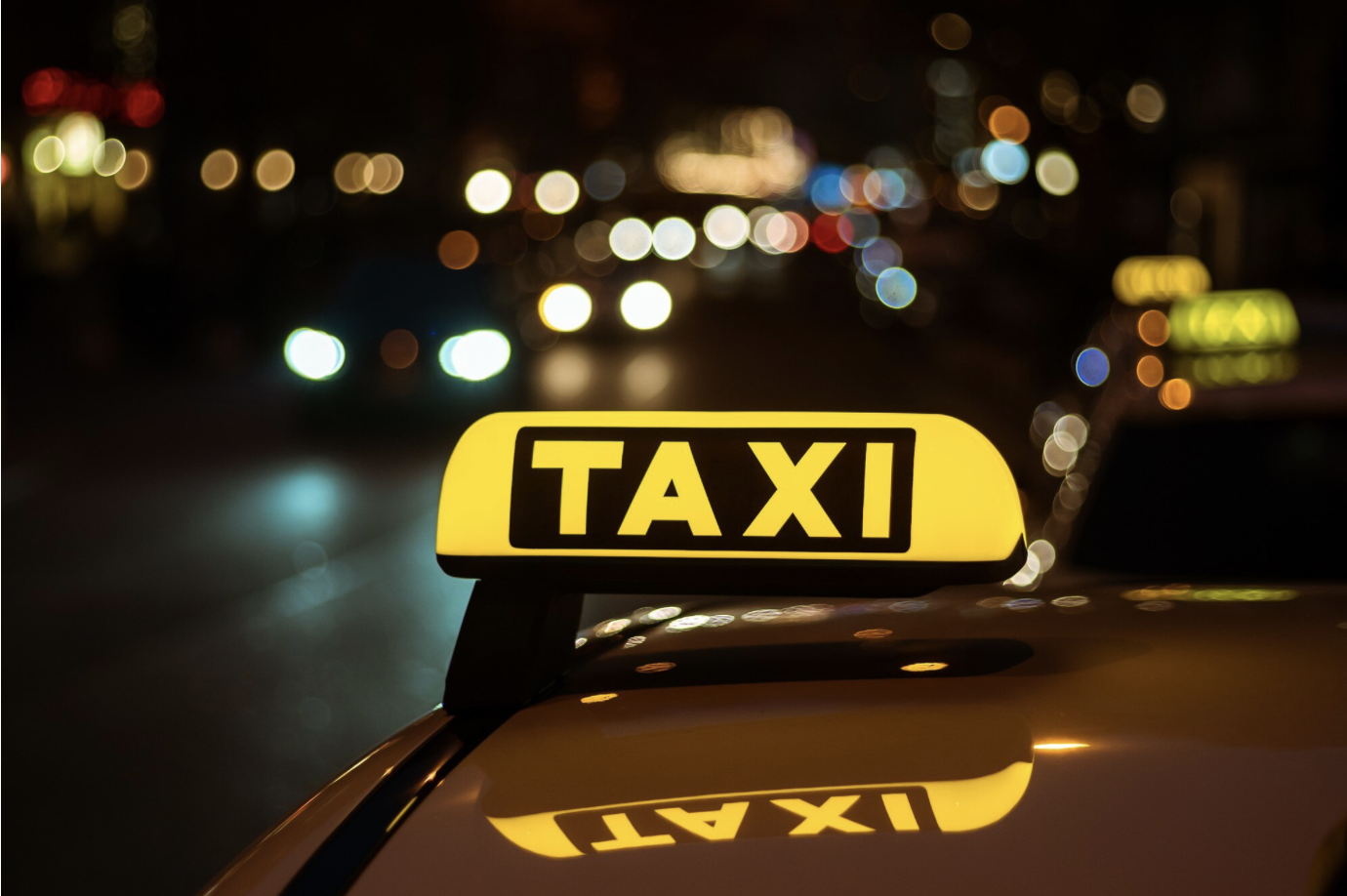
Last Update: Monday December 15, 2025
When planning a trip abroad, most travelers focus on flights, accommodations, and visas. But transportation — especially from the airport — is one of the most underrated factors that can dramatically shape your travel experience. After a long flight, the last thing you want to face is a confusing taxi system, unpredictable fares, or long queues. This is why so many travelers ask the same question: Should I rely on a taxi at the airport or book my transfer in advance? Which option actually saves me money?
As a service provider offering visa support, airport service, and travel assistance, we often see how the right transportation choice affects a traveler’s entire journey. Below, we break down both options so you can decide what works best for your budget, comfort, and schedule.
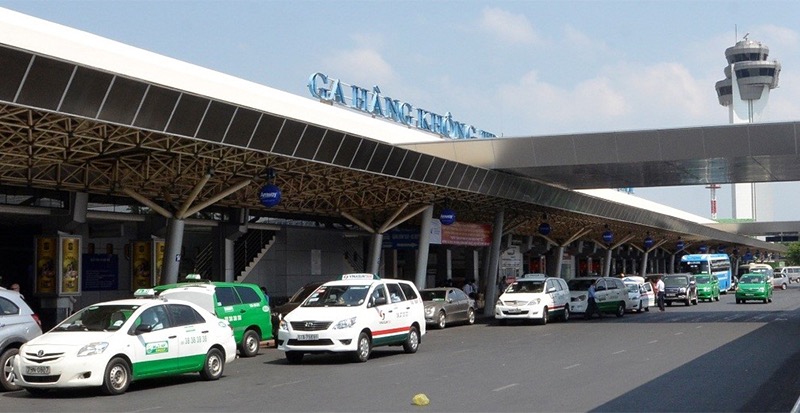
Photo: Collected
1. Why the Airport Taxi Seems Convenient — But Isn’t Always Cheaper
1.1 Pricing can be unpredictable
In many major cities, airport taxis offer fixed or regulated fares to popular destinations. This gives travelers peace of mind because they know what they’ll pay before the meter starts running. Cities like Singapore, Tokyo, and Dubai are known for fair and standardized taxi systems.
However, this is not always the case. In many other destinations, fares vary depending on traffic, distance, and even the driver’s discretion. Travelers unfamiliar with the local currency or standard prices may risk being overcharged, especially during peak travel hours or late at night.
Travelers arriving early morning, late at night, or during peak seasons often face additional charges such as:
Late-night surcharges
Luggage fees
Airport pick-up fees
Higher rates during local holidays
These extra costs can make your airport taxi significantly more expensive than you expected.
Airport taxi lines can move quickly — or not at all. During busy seasons, bad weather, or multiple flight arrivals, queues can stretch long enough to delay your plans by an hour or more. This can be frustrating after a long trip, especially if you’re:
Traveling with children
Carrying heavy luggage
Arriving after midnight
Heading to a business meeting
For travelers who want a smooth start, the uncertainty of waiting isn’t ideal.
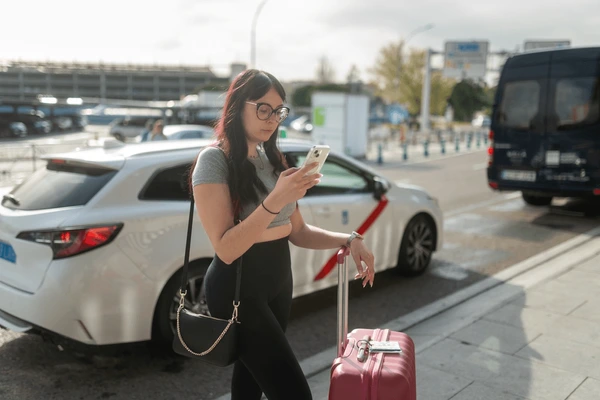
Photo: Collected
2. Booking Your Airport Transfer in Advance: Reliable, Comfortable, and Usually Cheaper
The biggest advantage of booking in advance is the guaranteed price. What you see on your confirmation is exactly what you pay — no surprises upon arrival. This helps travelers plan their budget confidently, which is especially important when navigating unfamiliar destinations.
Since our airport service partners offer fixed-price packages, you avoid:
Hidden fees
Meter variations
Peak-hour pricing
Unexpected add-ons
This transparent pricing model often makes pre-booked transfers more cost-effective than airport taxis.
When you book early, you gain access to offers that aren’t available at the airport. Many service providers give:
Early-bird discounts
Round-trip packages
Promo codes for online bookings
Group booking deals
These savings add up, especially for families or business groups. Compared to airport taxis — where the price is non-negotiable — booking in advance gives you the benefit of comparison.
For travelers using visa-on-arrival assistance or airport meet-and-greet services, a pre-booked transfer elevates the entire experience. Your driver meets you at the arrival gate, assists with luggage, and brings you directly to your vehicle. No queues, no stress, and no searching for the taxi stand.
This is especially valuable for:
First-time international travelers
Passengers arriving alone
Senior travelers
VIP or business guests
Families with children
Many of our clients say this personalized pickup is one of the smoothest parts of their trip.

Photo: Collected
If you’re traveling with more than three people, airport taxis may require multiple cars — instantly doubling or tripling your cost. Pre-booked transfers allow you to select premium vans, SUVs, or minibuses that accommodate everyone comfortably.
You can also request the extras you need:
Child seats
Wheelchair-accessible vehicles
Extra luggage space
English-speaking drivers
Private luxury cars
Exiting the airport after a long flight, tired and aching, passengers appreciate having a driver ready and waiting to take them directly to their hotel. Our airport transfer service is the perfect solution, ensuring a smooth, stress-free ride from the airport straight to your destination.
Professional, certified drivers equipped with flight-tracking technology to keep you updated on any changes to your flight.
A wide range of vehicles from 4-seat cars to 16-seat vans, from economy to luxury, tailored to your preferences.
A responsive support team available whenever you need assistance.
Step 1: Complete the Service Application Form on our website
Step 2: Confirm all information and submit payment via our secure payment gateways
Step 3: Receive an email confirming your payment
Step 4: Our staff will contact you to exchange details and finalize arrangements
You can follow this link to arrange the service: https://vietnam-airports.com/car-pickup-dropoff
You’ll receive full information about your assigned vehicle, including:
Vehicle registration plate
Car type and brand
Vehicle color
On your arrival/departure date, our driver will be waiting at your selected pickup/drop-off point.
We also recommend staying in contact with your driver via apps such as WhatsApp, Line, or WeChat for real-time updates and assistance.
As a visa and airport support service provider, we've assisted thousands of travelers — from tourists to executives — and the feedback is overwhelmingly consistent: Booking your airport transfer in advance leads to smoother arrivals, better pricing, and a stress-free start to your trip.
Airport taxis are useful when you need a last-minute ride or if you’re landing somewhere with strict taxi regulations. But if you value:
Fixed pricing
Professional service
Zero waiting time
Guaranteed pickup
Extra comfort
Better safety
More control over your travel experience
…then a pre-booked airport transfer is almost always the better option.
Whether you need a fast visa, airport fast track, private car, or eSIM, Vietnam-Immi.org is here 24/7 to support your trip.
Whatsapp: +84379522522
Hotline: +84.379.522.522
Email: sales@vietnam-immi.org

Last Update: Friday December 12, 2025
As 2025 comes to an end, there’s no better way to celebrate Christmas and welcome the New Year 2026 than with a memorable trip to Vietnam — a country that perfectly blends natural beauty, cultural charm, and festive joy. Whether you dream of cozy nights in the highlands or dazzling fireworks by the beach, Christmas in Vietnam 2025 promises something special for every traveler.

Before you start packing your bags, make sure your travel documents are ready. Most visitors need a valid visa to enter Vietnam — but don’t worry, the process is simple and quick.
If you’re planning your holiday, apply for your Vietnam visa with us at Vietnam-Immi.org. Our service ensures a fast, secure, and hassle-free visa approval so you can focus on enjoying your trip, not paperwork.
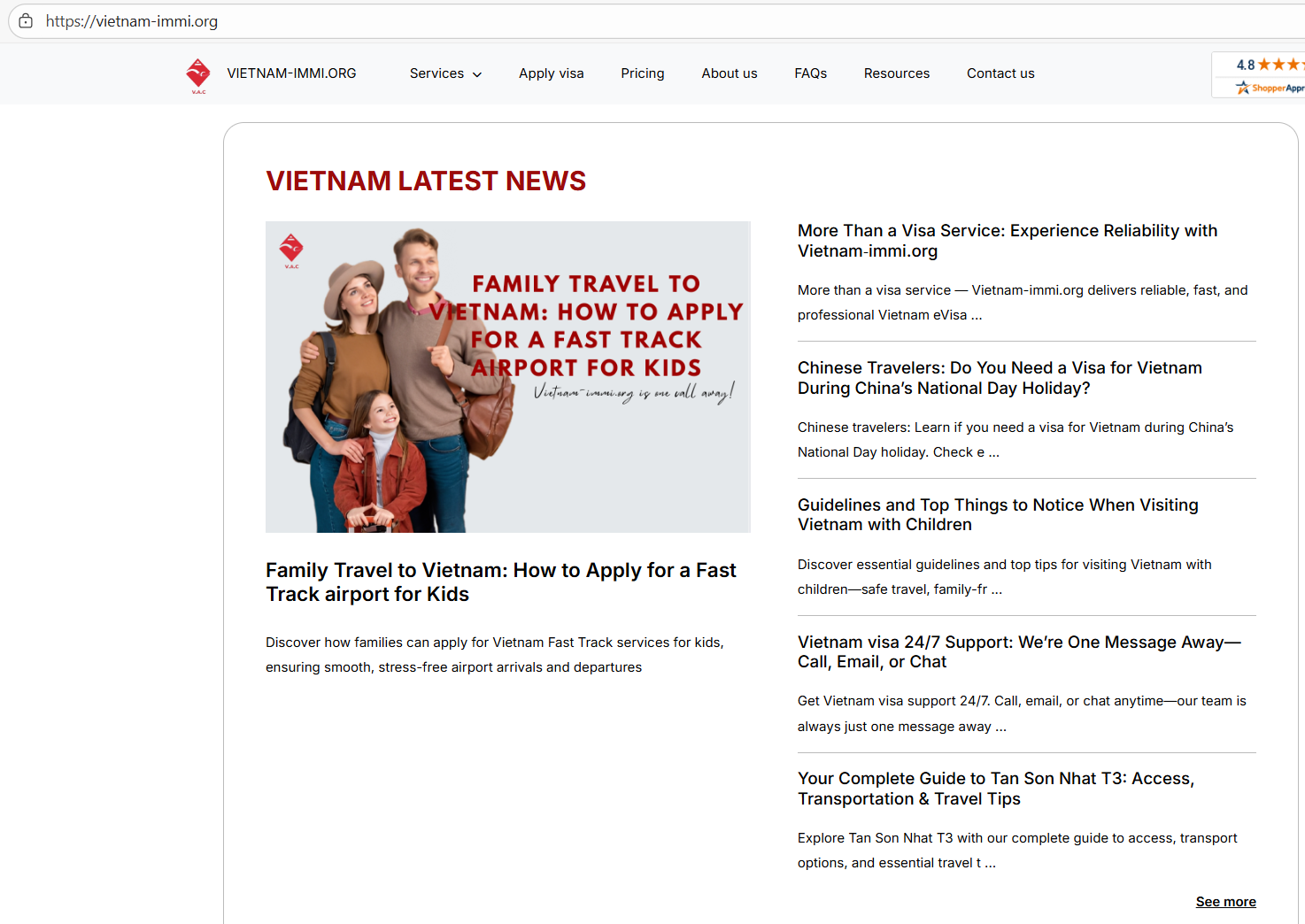
Although Christmas isn’t a public holiday in Vietnam, the festive atmosphere is everywhere! Major cities like Hanoi, Ho Chi Minh City, and Da Nang sparkle with Christmas lights, towering trees, and joyful carols.
You’ll find decorated shopping malls, themed cafes serving festive drinks, and locals and tourists alike enjoying the cozy, cheerful vibes.
Best places to spend Christmas in Vietnam:
Hanoi: Experience a European-style Christmas around St. Joseph’s Cathedral with markets, lights, and local street food.
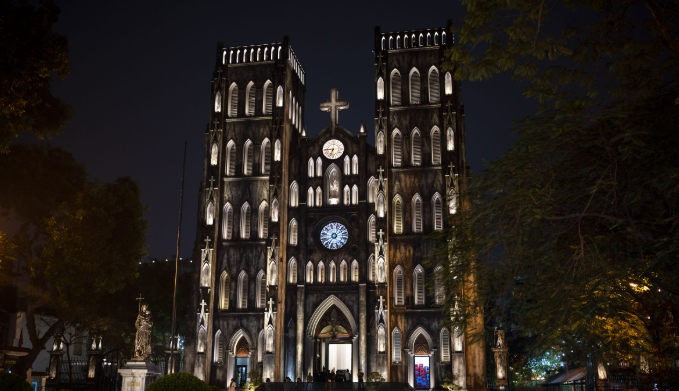
Photo: Collected
Ho Chi Minh City: Walk along Nguyen Hue Street to see spectacular light shows and bustling night markets.
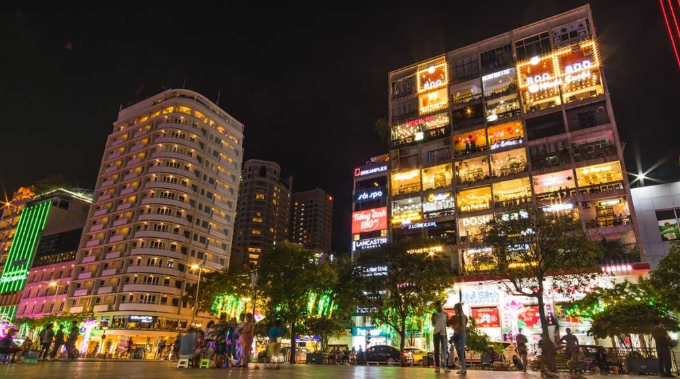
Photo: Collected
Sapa: Enjoy a winter wonderland — misty mountains, cool weather, and charming homestays.

Photo: Collected
Da Nang & Hoi An: Celebrate Christmas by the beach and take part in lantern-lighting festivities.
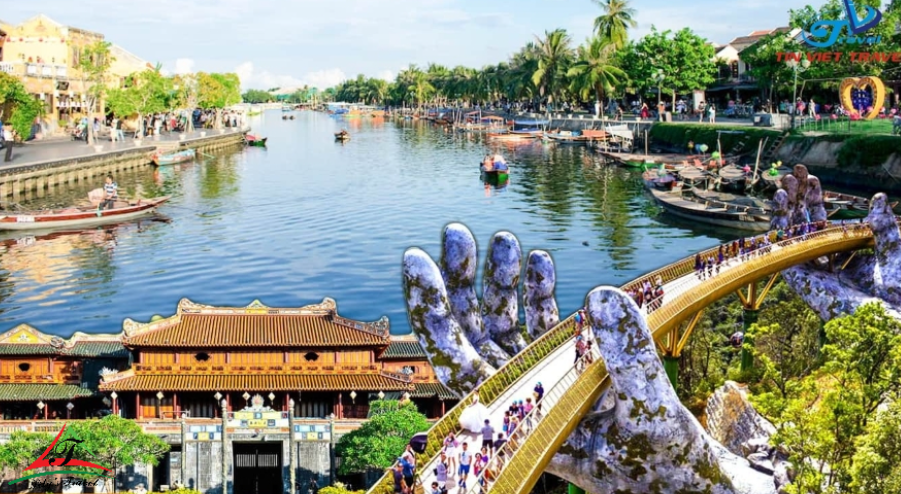 Photo: Collected
Photo: Collected
New Year in Vietnam 2026 is celebrated with fireworks, countdown events, and parties across the country.
Ho Chi Minh City: Expect massive outdoor celebrations, live music, and fireworks lighting up the sky over the Saigon River.
Hanoi: Join the countdown at Hoan Kiem Lake, where locals gather to celebrate with music, food, and laughter.
Phu Quoc & Nha Trang: Ring in the New Year on the beach with fire shows, cocktails, and dancing under the stars.

Photo: Collected
Take a cruise in Ha Long Bay to enjoy festive dining with a breathtaking view.
Visit local night markets for souvenirs and traditional treats.
Try Vietnamese holiday delicacies, like Bánh Chưng and warm pho.
Book a spa retreat or luxury resort stay to recharge for the new year.
The end-of-year season is one of the busiest times for travel to Vietnam, so make sure to apply for your visa early!
Let Vietnam-Immi.org handle your visa application — quick, reliable, and approved by the Vietnamese government.
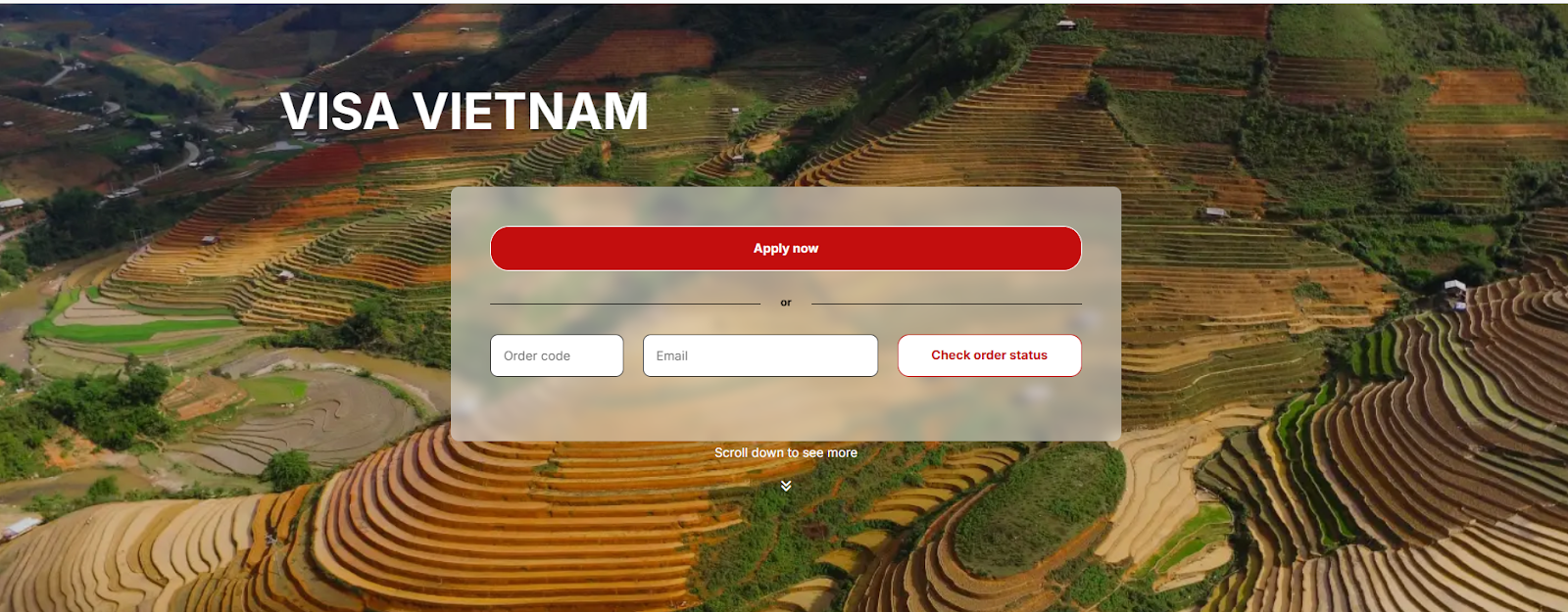
Make this Christmas in Vietnam 2025 and New Year in Vietnam 2026 the most unforgettable holiday ever!
Whether you need a fast visa, airport fast track, private car, or eSIM, Vietnam-Immi.org is here 24/7 to support your trip.
Whatsapp: +84379522522
Hotline: +84.379.522.522
Email: sales@vietnam-immi.org

Last Update: Wednesday December 10, 2025
Ho Chi Minh City (Saigon) is one of Southeast Asia’s most dynamic urban destinations, bursting with markets, historic buildings, rooftop lounges, and cultural corners that many visitors miss. While most travelers head straight for popular attractions like Ben Thanh Market or the Notre Dame Cathedral, there are numerous hidden gems scattered throughout the city—places that only locals truly know. One of the best ways to uncover these secret spots is by relying on professional chauffeur services, which offer not only comfort and convenience but also insider recommendations that enhance every moment of your trip.
Professional chauffeurs in Ho Chi Minh City bring far more value than standard transportation. These drivers are trained experts who understand the city’s traffic patterns, shortcuts, and most importantly, its lesser-known highlights. Whether you're a solo traveler, a business visitor, or a family exploring Vietnam for the first time, having a knowledgeable chauffeur makes navigating the city smooth, efficient, and surprisingly enriching.
Premium Cars and High-End Models for a Luxurious Ride
When booking a private chauffeur service, one of the biggest advantages is access to high-end models of cars that guarantee comfort during your journey. Unlike regular taxis or ride-hailing vehicles that vary in quality, professional services maintain a fleet of premium cars such as Toyota Camry, Hyundai Tucson, Kia Carnival, Limousine minivans, and sometimes even luxury brands like Mercedes-Benz.
These high-end models provide spacious seating, strong air-conditioning (a must in Saigon’s heat), clean interiors, and smooth rides—perfect for long days of exploration or important business meetings. Travelers who value comfort, style, and reliability will immediately feel the difference. This level of quality enhances the entire travel experience, turning simple transportation into part of the enjoyment.

Photo: Collected
Effortless Airport Pickups with Real-Time Flight Tracking
One of the most frustrating parts of traveling can be airport pickups, especially when flights are delayed or land earlier than expected. Professional chauffeur services eliminate this concern entirely by offering a system that tracks your flight in real-time. This feature ensures that your driver is always ready when you arrive—no guesswork, waiting, or stressful communication required.
Whether your flight is delayed by an hour or lands ahead of schedule, your chauffeur will adjust accordingly and meet you at the correct time. This is particularly helpful for first-time visitors who might feel overwhelmed by the crowds and layout of Tan Son Nhat Airport. With real-time tracking and a driver waiting with your name sign, your arrival becomes seamless and worry-free.
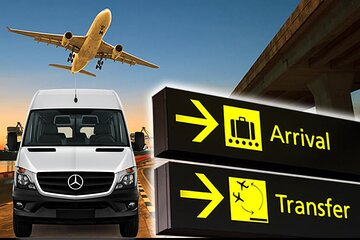
Photo: Collected
Transparent and Confirmed Pricing—No Surprises
One of the biggest challenges for tourists in large cities is dealing with unpredictable pricing. Taxi meters, surge pricing, or negotiation attempts can lead to uncomfortable situations. Chauffeur services solve this problem by providing a clear confirmed price before the ride even begins.
This confirmed price includes everything—tolls, parking fees, and any standard charges—so you know exactly what you will pay. There are no hidden fees or sudden price changes, offering travelers peace of mind and financial clarity. This transparency is especially valuable for business travelers who need accurate receipts for expense reports or families working with fixed budgets.
Exploring Hidden Gems with Chauffeur’s Local Insights
Beyond transportation, professional chauffeurs in Ho Chi Minh City serve as local guides who can introduce you to unique, lesser-known places. These are locations that don’t always show up in guidebooks or tourist blogs. For example:
Small alleyway cafés serving authentic Vietnamese egg coffee
Local night markets where locals eat, shop, and socialize
Hidden rooftop bars with stunning skyline views
Quiet temples tucked between busy streets
Art districts like hidden galleries in Thu Duc City or District 3
Traditional craft shops selling handmade goods
With a chauffeur’s guidance, you can experience Saigon like a local—and discover the city’s creative spirit, flavors, and cultural richness far beyond the usual tourist path.
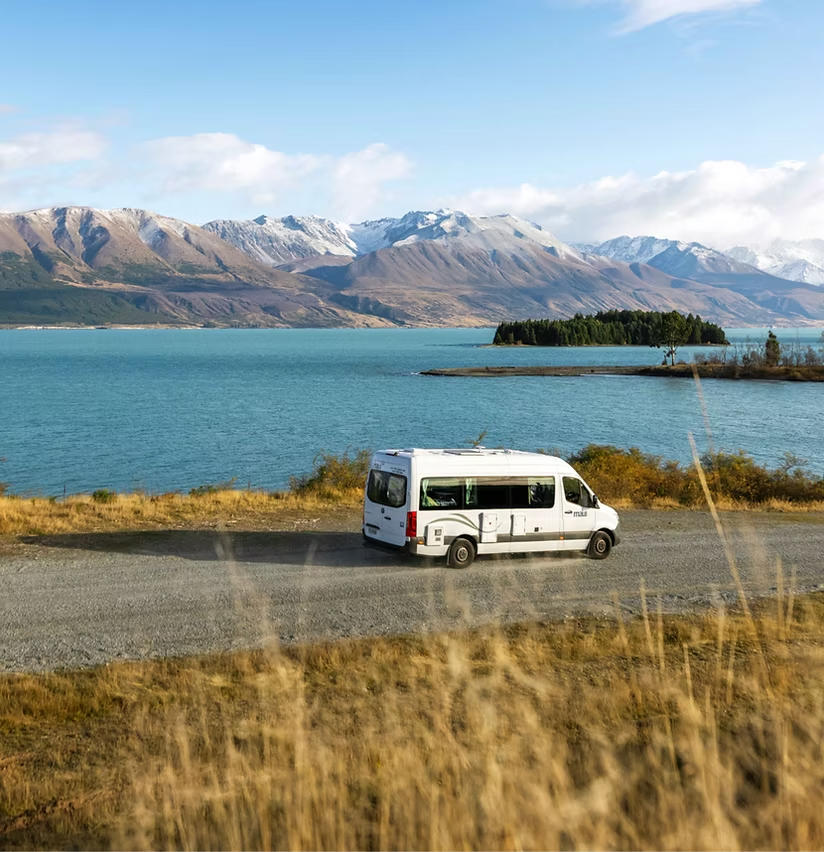
Tips to Book the Best Chauffeur Service in Ho Chi Minh City
To make the most of your experience, keep these tips to book an excellent chauffeur service:
Book early during peak seasons (Tet holiday, Christmas, long weekends).
Check the car model to ensure you get a high-end option that fits your group size.
Confirm that the service tracks flights in real time for smooth airport pickup.
Choose providers with transparent, confirmed pricing to avoid hidden costs.
Read reviews to confirm driver professionalism and local knowledge.
Share your itinerary so the chauffeur can recommend additional hidden spots.
By following these simple tips, you’ll secure a reliable, comfortable, and memorable travel experience.
A Premium, Insightful Way to Experience Ho Chi Minh City
Discovering the hidden corners of Ho Chi Minh City becomes effortless when accompanied by a professional chauffeur. With premium vehicles, real-time flight tracking, transparent pricing, and expert recommendations, every journey becomes more comfortable and more meaningful. Whether you’re visiting for work or leisure, this elevated service ensures you enjoy Saigon at its best—offering a truly memorable way to explore the city’s vibrant, lesser-known beauty.
Whether you need a fast visa, airport fast track, private car, or eSIM, Vietnam-Immi.org is here 24/7 to support your trip.
Whatsapp: +84379522522
Hotline: +84.379.522.522
Email: sales@vietnam-immi.org
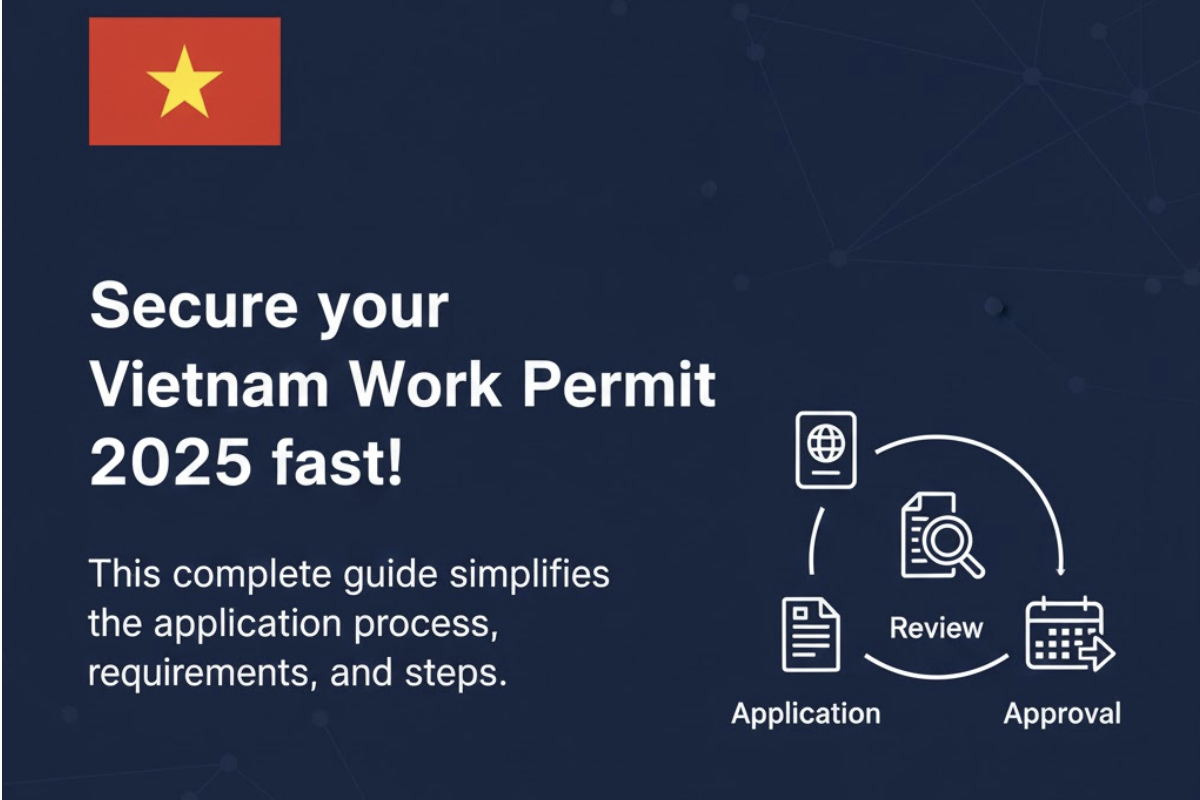
Last Update: Tuesday, December 09, 2025
If you plan to work in Vietnam for over three months, obtaining a Vietnam Work Permit 2025 is mandatory. Navigating the application process can be complex, involving multiple government agencies and detailed documentation requirements. This comprehensive guide provides a step-by-step roadmap for securing your Work Permit, covering all the essential details and pointing you toward reliable Vietnam work visa service.
A Work Permit is required for all foreign nationals who intend to work in Vietnam under a labor contract, intra-company transfer, service provision, or other forms of employment for 90 days or more.
To be eligible for a Work Permit, a foreign worker must generally meet the following criteria:
Be at least 18 years of age.
Possess the professional qualifications, technical skills, and experience relevant to the job position.
Be in good health as certified by an authorized Vietnamese or foreign medical facility.
Have a clean criminal record (no criminal history or prosecution, either in Vietnam or their home country).
Obtain a written approval from the competent Vietnamese authority for the use of foreign labor by the employer.
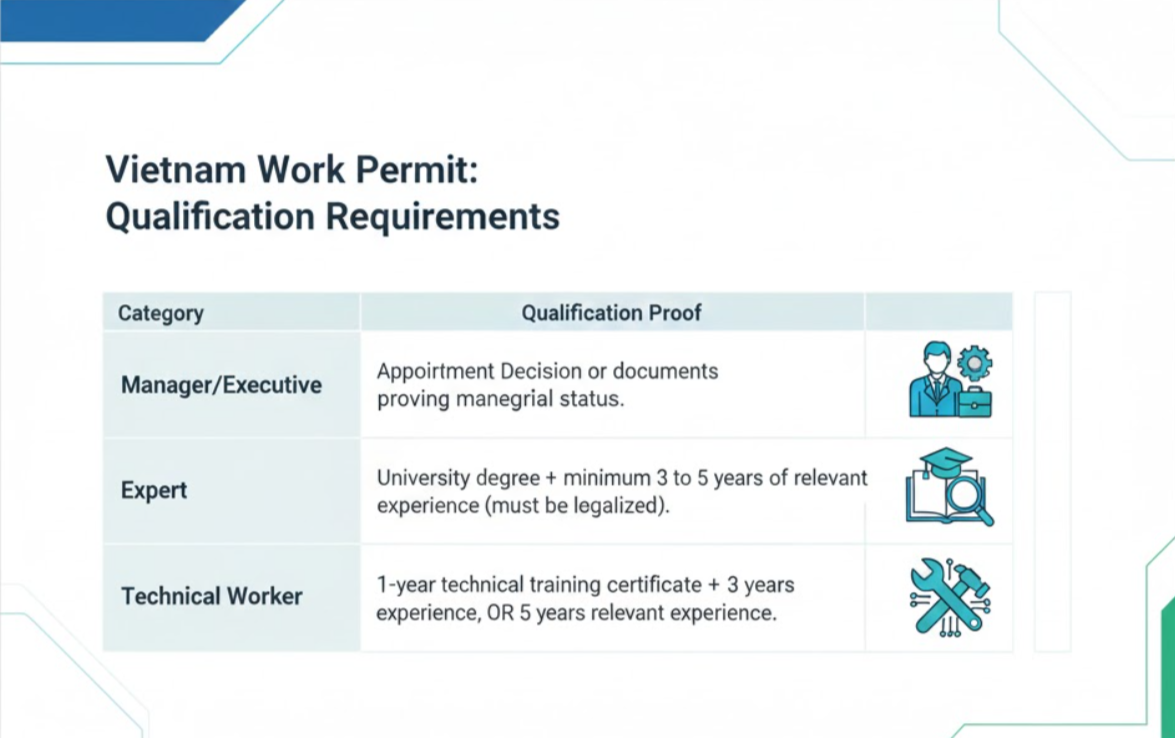
The application process is primarily the responsibility of the employing company in Vietnam and typically involves two main stages. Starting the process 2–3 months in advance is highly recommended due to the time required for document preparation, legalization, and approvals.
This step must be completed by the employer at least 15–30 days before the foreign worker’s expected start date.
Report Foreign Labor Demand: The Vietnamese employer must submit a report (often Form 01/PLI) to the Provincial Department of Labor, War Invalids and Social Affairs (DoLISA) or the Ministry of Labor, War Invalids and Social Affairs (MoLISA). This report must explain the need for the foreign worker and prove that the position cannot be filled by a Vietnamese national.
Receive Approval: The competent authority will review the report and issue an official approval for the use of foreign labor.
Once the labor demand is approved, the employer proceeds with the work permit application, submitting the full dossier to the DoLISA/MoLISA at least 15 working days before the foreign worker's intended start date.
The application dossier is comprehensive and requires meticulous preparation. All foreign-issued documents generally need to be consularly legalized/apostilled and officially translated into Vietnamese.
|
Document Type |
Requirement |
Notes |
|
Application Form |
Official Application Form (Form No. 03/PLI or latest) |
Must be completed by the employer. |
|
Approval Letter |
Written approval for using foreign labor |
Obtained from Stage 1. |
|
Passport/Visa |
Certified copy of the valid Passport and current Visa |
Passport must be valid for at least 6 months beyond the contract. |
|
Health Certificate |
Original Health Check Certificate |
Issued within the last 12 months by an authorized hospital in Vietnam or legalized from abroad. |
|
Criminal Record Check |
Clean Criminal Record Certificate |
Issued within the last 6 months from the home country/country of residence OR Vietnam Police Check. Must be legalized. |
|
Photos |
2 recent color photos (4x6 cm) |
White background, front-facing, no glasses/hat, taken within 6 months. |
|
Proof of Qualification |
Degree, Diploma, Experience Letter, Appointment Decision |
Documents proving the status as Expert, Manager, or Technical Worker. Must be legalized and translated. |
|
Labor Contract Draft |
A signed draft of the labor contract. |
Total Time: The official processing time for the Work Permit application (Stage 2) is up to 10 working days from the date of receiving the complete dossier.
Result: If approved, the authority issues the Work Permit (valid for a maximum of 2 years). If rejected, a written explanation is provided.
After the Work Permit is issued, the employer and employee must sign the official labor contract, and a copy of this signed contract must be submitted to the DoLISA within 5 working days. The Work Permit then becomes the basis for applying for a Temporary Residence Card (TRC), which allows the foreigner to stay and work long-term without needing frequent visa renewals.
Given the complexity of document legalization, translation, and coordination with various Vietnamese authorities, many foreign workers and their employers opt for professional Vietnam work visa service.
Why consider professional support?
Compliance: Ensure all documents meet the latest requirements under Decree 152/2020/ND-CP and subsequent amendments.
Time-Saving: Professionals handle the legwork, including notarization, legalization, and submission, significantly reducing your processing time and risk of delays.
Expert Consultation: Get case-specific advice on categorizing the foreign worker (Expert, Manager, etc.) to ensure the correct documentation is prepared.
For comprehensive assistance, Vietnam-Immi.org, offers a streamlined application process. They provide full-cycle support, from initial consultation to final issuance of your Work Permit and associated visa/TRC.
Simple Steps to Professional Service:
Book Your Consultation: Visit the official booking page at https://vietnam-immi.org/booking.
Submit Your Details: Provide your employee and employer details securely through the system.
Expert Review & Submission: The dedicated team will review your documents, handle all required translations and legalizations, and submit the complete dossier to the competent authorities on your behalf.
Note: By utilizing a professional Vietnam work visa service, you minimize the chances of errors and maximize your opportunity for timely approval, letting you focus on your new career in Vietnam.
Conclusion
Securing your Vietnam Work Permit 2025 is the crucial step to legally starting your career in the country. The process is demanding, requiring attention to detail, timely submission, and correct legalization of all supporting documents, especially concerning the Vietnam work permit requirements for experts and managers.
By following this step-by-step guide and considering a dedicated Vietnam work visa service like the one offered via https://vietnam-immi.org/booking, you can ensure a smooth transition and focus on the excitement of your new role.
Whether you need a fast visa, airport fast track, private car, or eSIM, Vietnam-Immi.org is here 24/7 to support your trip.
Whatsapp: +84379522522
Hotline: +84.379.522.522
Email: sales@vietnam-immi.org